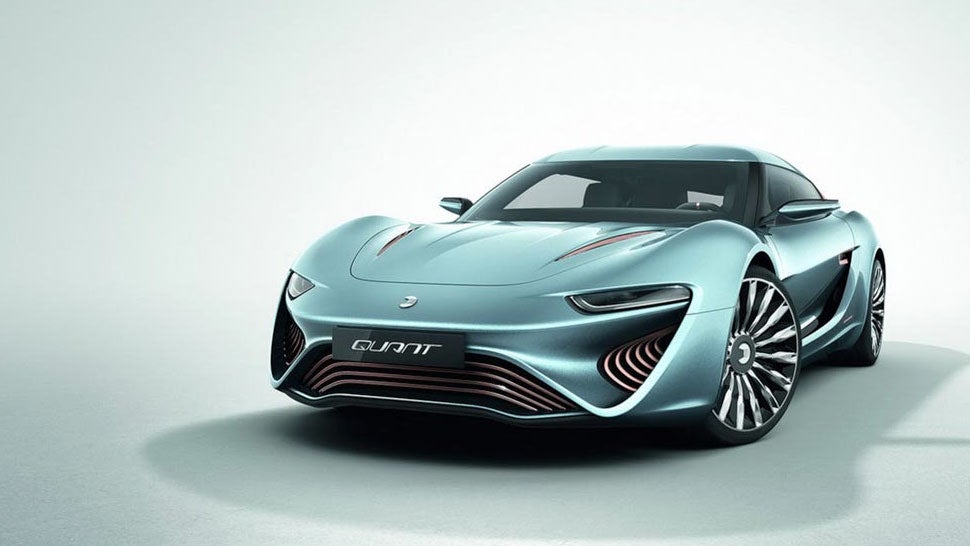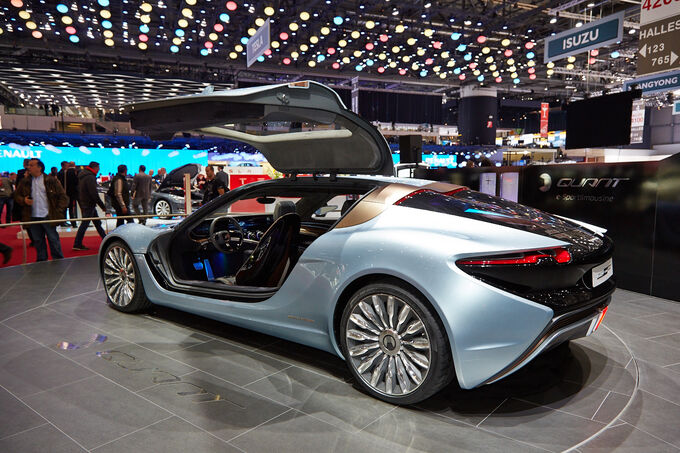alx21
Legacy Member
The Quant is, essentially, a very high-spec electric car. It's using a motor per wheel to give it AWD with torque vectoring, and each of those motors makes 227 HP, giving a theoretical total of 908 HP.
The peak torque numbers are allowed to remain absolutely bonkers, at 2138 lb-ft PER WHEEL. Which means 8,552 lb-ft total.
These numbers are impressive, but the part of this car that could actually prove genuinely important is the use of what's called a flow battery. Flow batteries, specifically the redox-type, were patented by NASA in 1976.
More specifically, the Quant uses a nano-network flow battery, which is why the company is called nanoFLOWCELL.
This type of flow battery uses a
... lithium-sulfur chemistry arranged in a network of nanoparticles. The network eliminates the requirement that charge moves in and out of particles that are in direct contact with a conducting plate. Instead, the nanoparticle network allows electricity to flow throughout the liquid. This allows more energy to be extracted.
The energy density of the battery is enough that the Quant is claimed to have a range of 200-300 miles or so. And, perhaps even better than range, unlike traditional chemical batteries, to recharge the battery, you only need to replenish the electrolyte, which, in this case, is just salt water. The size of the electrolyte tanks affects the overall range, and refilling them should be a quick and easy process akin to fueling up a conventional gasoline car.

Full article here: http://jalopnik.com/supercar-that-runs-on-salt-water-approved-for-use-on-eu-1635321784
At the Geneva autoshow, so it technically exists...





